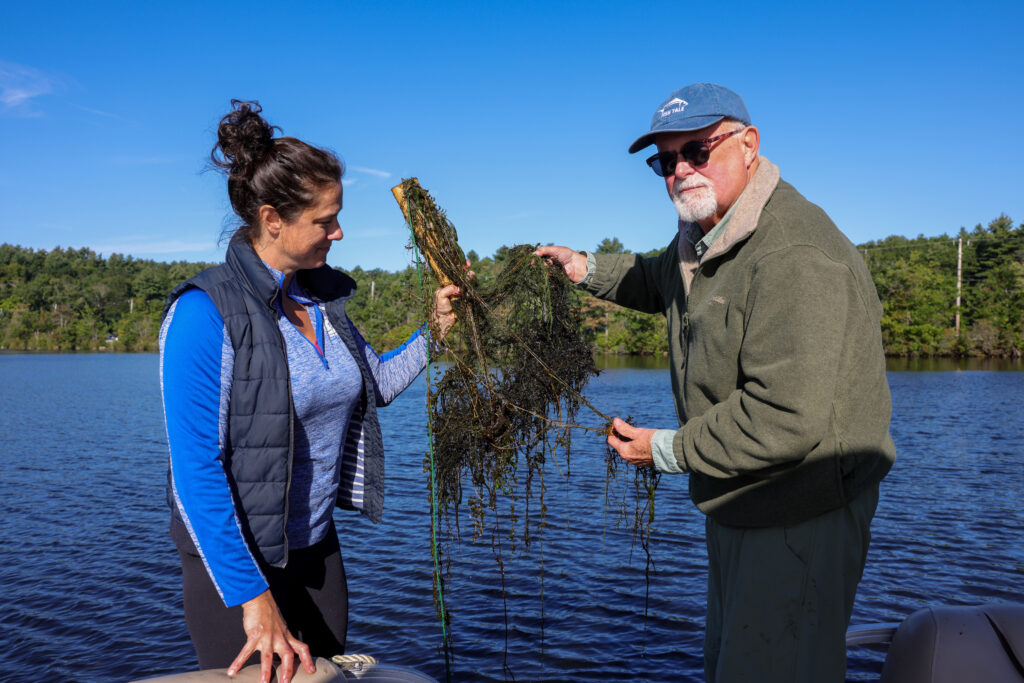
Lake Maspenock Preservation Association vice president Sabine St. Pierre (left) and limnologist Dave Mitchell show some weeds they removed from the water during a recent analysis. PHOTO/JOHN CARDILLO
Thickening invasive weeds in Lake Maspenock have some residents calling for a potential limited use of herbicides to contain the growing problem that threatens to choke off the aquatic life there.
“The problem has been going on for years,” explained Sabine St. Pierre, the vice president of the Lake Maspenock Preservation Association. “Now it’s dire.”
She recalled a contentious Town Meeting vote in 2015 when the use of herbicides was debated but denied. Shortly after that vote, the Select Board formed a citizens input group (CIG) to research options and report them to the Department of Public Works and the Conservation Commission.
St. Pierre and Joe Baldiga, the CIG leader, went out on Lake Maspenock on Sept. 8 to survey the weed situation. Along with volunteers, they extracted what St. Pierre called “an overwhelming amount of growth and a variety of native and invasive types of weeds.”
Said St. Pierre: “For us living on the lake, it’s awful for us to watch what we call the town gem falling to pieces.”
Baldiga, who has lived on Lake Maspenock for six years, said there was “a vocal but very small minority of citizens who spoke up against the use of any chemicals.” The CIG, working with limnologist Dave Mitchell, recommended the targeted use of herbicides on two occasions to the Conservation Commission, but their use was denied.
“[Mitchell] spent gobs of time investigating options and finally recommended the limited use of herbicides, particularly on the north basin, where the water is more shallow,” Baldiga explained.
He hopes the Conservation Commission will be more amenable to considering use of herbicides now that other recommended weed control methods, including drawdowns of the lake, have had limited success.
“If you get a good, solid freeze for a few weeks, that has proven effective,” Baldiga continued. “Every three years, you can do an extended drawdown as low as 8 feet lower than normal depth. We are trying to use herbicides in combination with drawdowns.”
Said Baldiga: “[The Conservation Commission] has been the gatekeeper; the Select Board has not stepped in.”
The weeds are now growing in new areas and are migrating toward the south basin, he added, “because they get chewed up by boats.”
Volunteers are getting discouraged, noted St. Pierre.
“When they get to [the Conservation Commission], it’s like they’ve already got their minds made up,” she noted. “It’s a futile effort, and it makes people not want to do the job anymore.”
One volunteer was former GIC chair Jaime Goncalves. He resigned as the CIG’s leader in June 2020 after the Conservation Commission voted against the application of herbicides. He is now the LMPA president.
Goncalves said that while drawdowns can be effective, they only work when the weather cooperates.
“If we don’t get any snow or cold weather, the weeds come back even stronger the next year,” said Goncalves. “Last year, the lake never froze.”
He added that the town is limited in the amount of water it can remove from the lake. Overspilling can flow over the dam and into Milford.
“In my mind, there have been some misconceptions and fearmongering going around the use of herbicides,” he said. “The idea is to use a very diluted amount. We’re not talking about dumping barrels and barrels of herbicides into the lake.”
Many municipalities and private organizations around the state use herbicides to address excessive weed growth, he added.
Other than targeted herbicides, Goncalves said the most effective way of thinning the weeds is to remove the sedimentation from the lake’s bottom. Dredging the lake is not under consideration. He estimated that it would cost “tens of millions of dollars” based upon the cost of a smaller dredging project done in Milford that was less than one-fifth of the size of Lake Maspenock.
“From an LMPA perspective, we obviously do hear a lot of complaints about the nuisance and annoyance of the weeds,” said St. Pierre. “People are worried about their kids swimming, and we’ve had complaints from the boaters.
“From our perspective, it’s more about the ecosystem,” she added, noting it is getting “choked off.”
Education is key for St. Pierre. The LMPA held a community-building event on Sept. 19 to provide information. She recommended “lake-friendly practices.” They include not adding sand to lakefront property and using non-phosphorous fertilizer on the lawn.
“Nobody is jumping up and down about the use of herbicides,” St. Pierre stressed. “But at the same time, we have to make a conscious effort to protect the health of the lake and its ecosystem. I think that if people don’t open their minds to that, they’re doing the lake a huge disservice.”
Bill Sweeney bought a house on the lake in 2002. Since then, he has seen an influx of new residents and their boats. A major concern for him is out-of-towners “bringing boats in that are not technically allowed.”
Sweeney explained that Lake Maspenock’s Sandy Beach is supposed to be enjoyed only by residents. There used to be a gate at the entrance. He said it was “never manned or locked,” and it has since been removed.
“There are weeds coming in from other sources that are impacting the lake,” he said. “Nobody is controlling who is using our lake.”
Weeds dragged in on boats from other places are contaminating the lake, he explained. He said anybody who has a boat in Hopkinton should be notified that they need to power-wash their boats and keep them out of the water for 10 days after using them in another body of water. He suggested that the town implement signage to that effect, as he has seen in Florida.
“People look from a distance and think it’s beautiful,” said Sweeney. “But if you look two feet down, the weeds are so thick.”



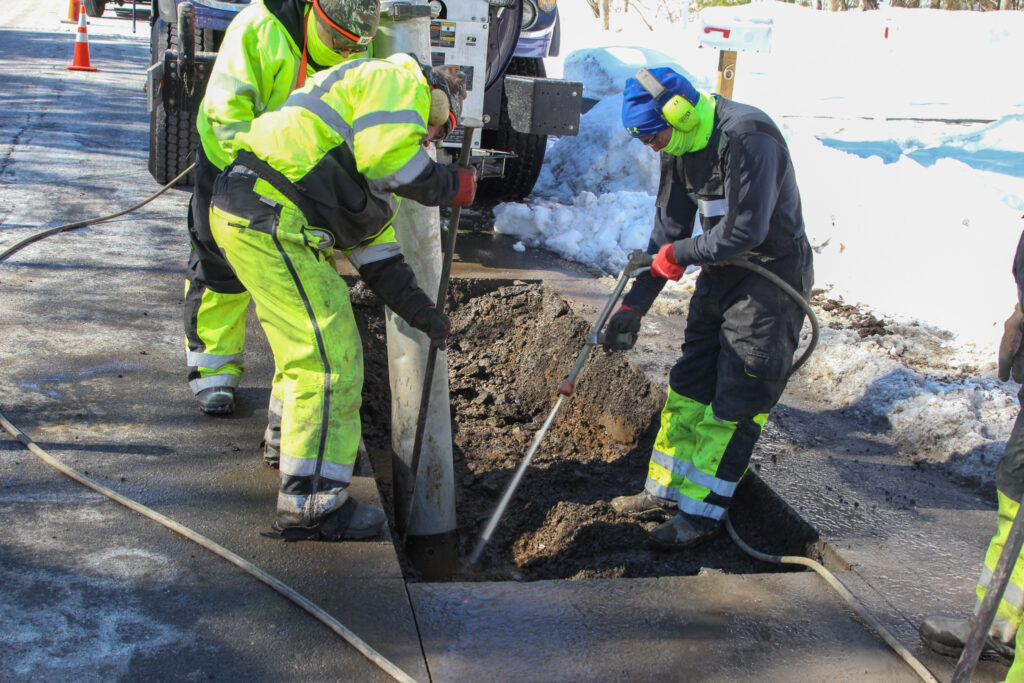
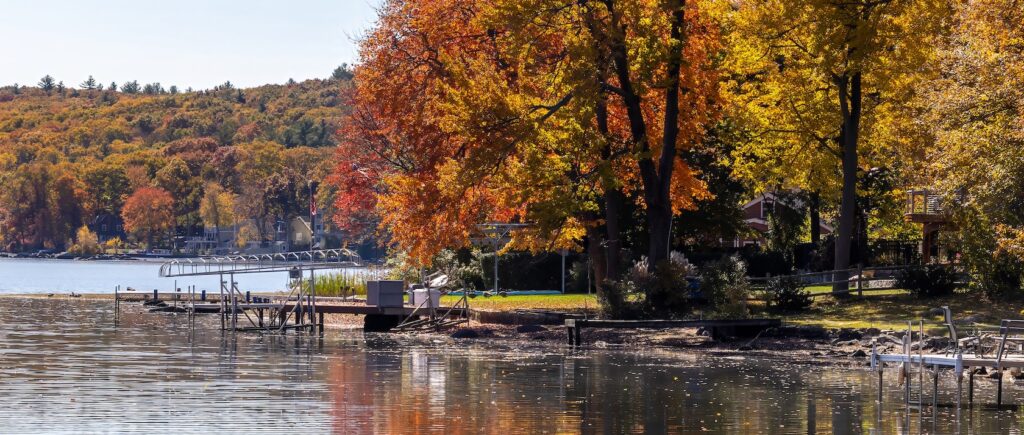

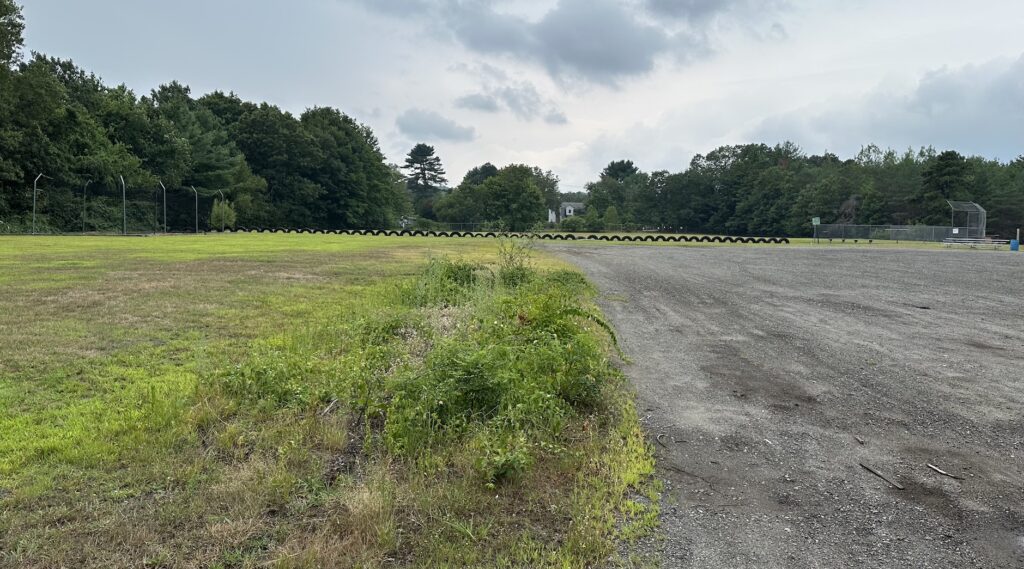
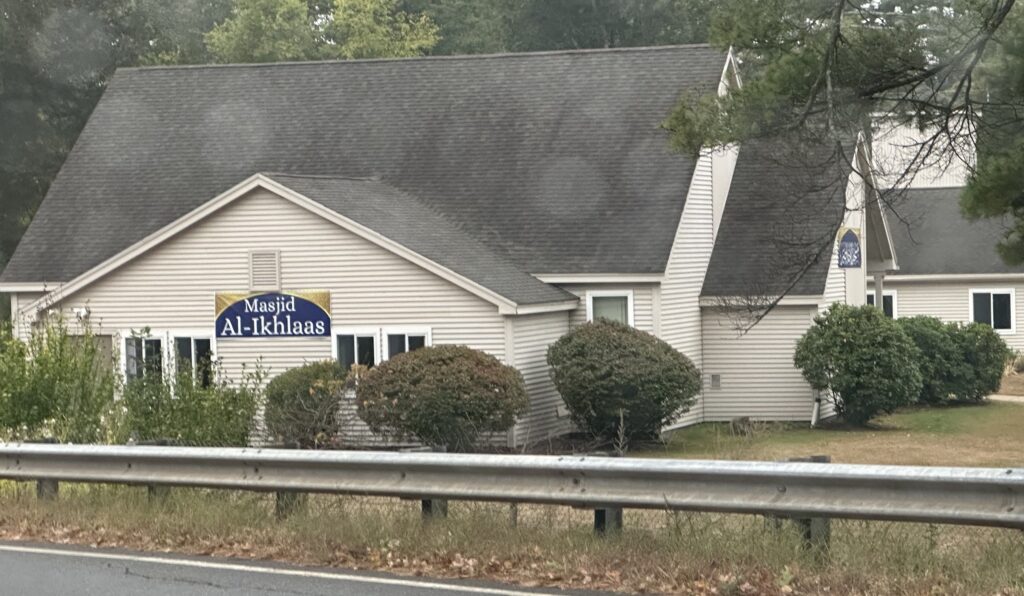













I wonder how Mr. Sweeney is determining who these out of towners are at his lake. Do all Hopkinton residents have a special sticker on their car, or is there some other way he is coming to this conclusion?
Yes Bill parking sticker is required. For town residents only.
Is “the north basin” behind Priscilla road across the causeway?
Keep on working, great job!